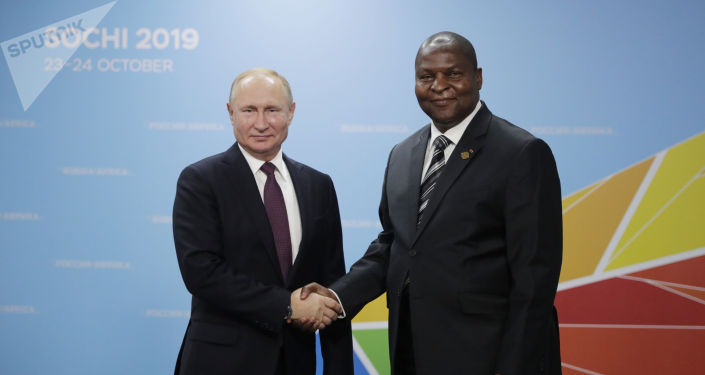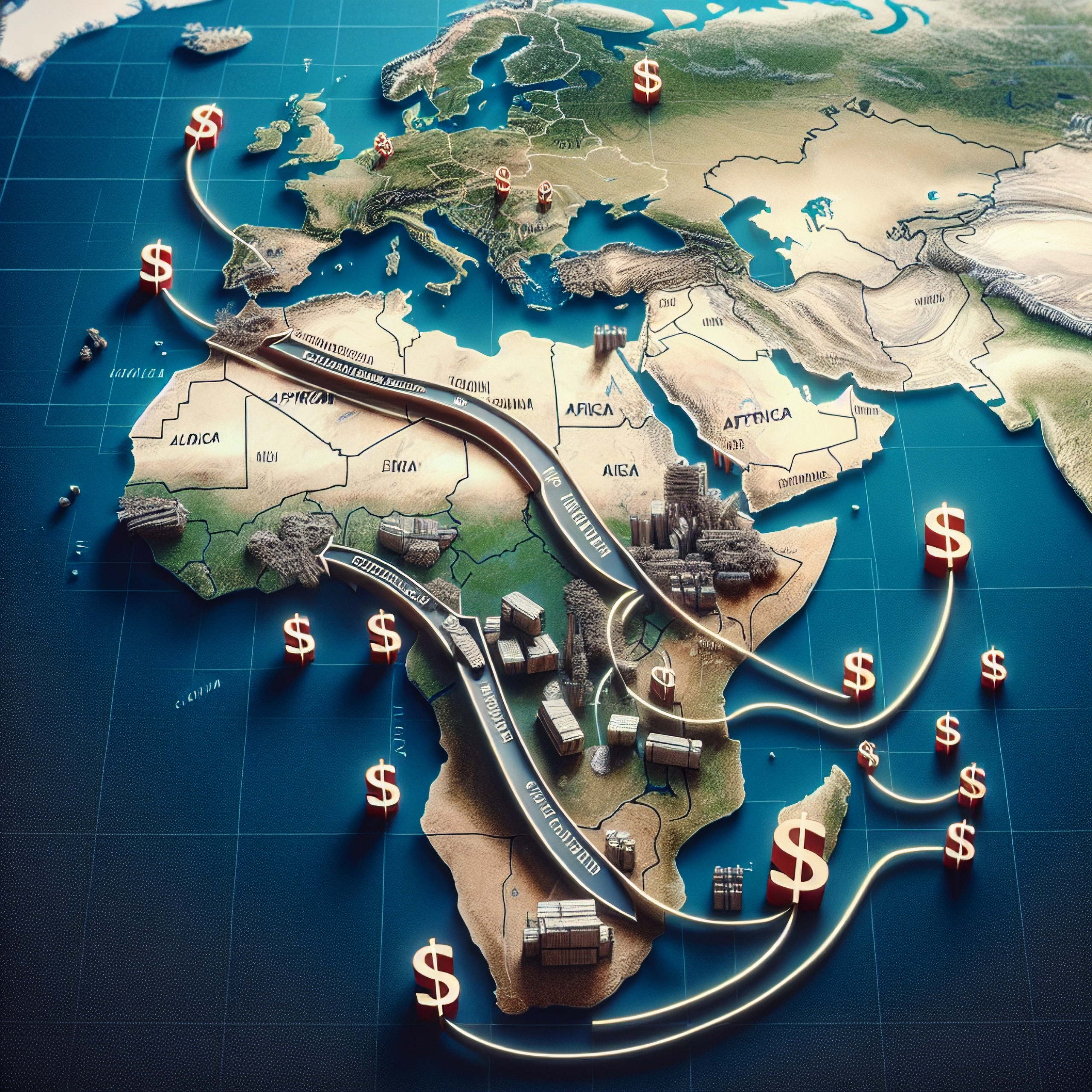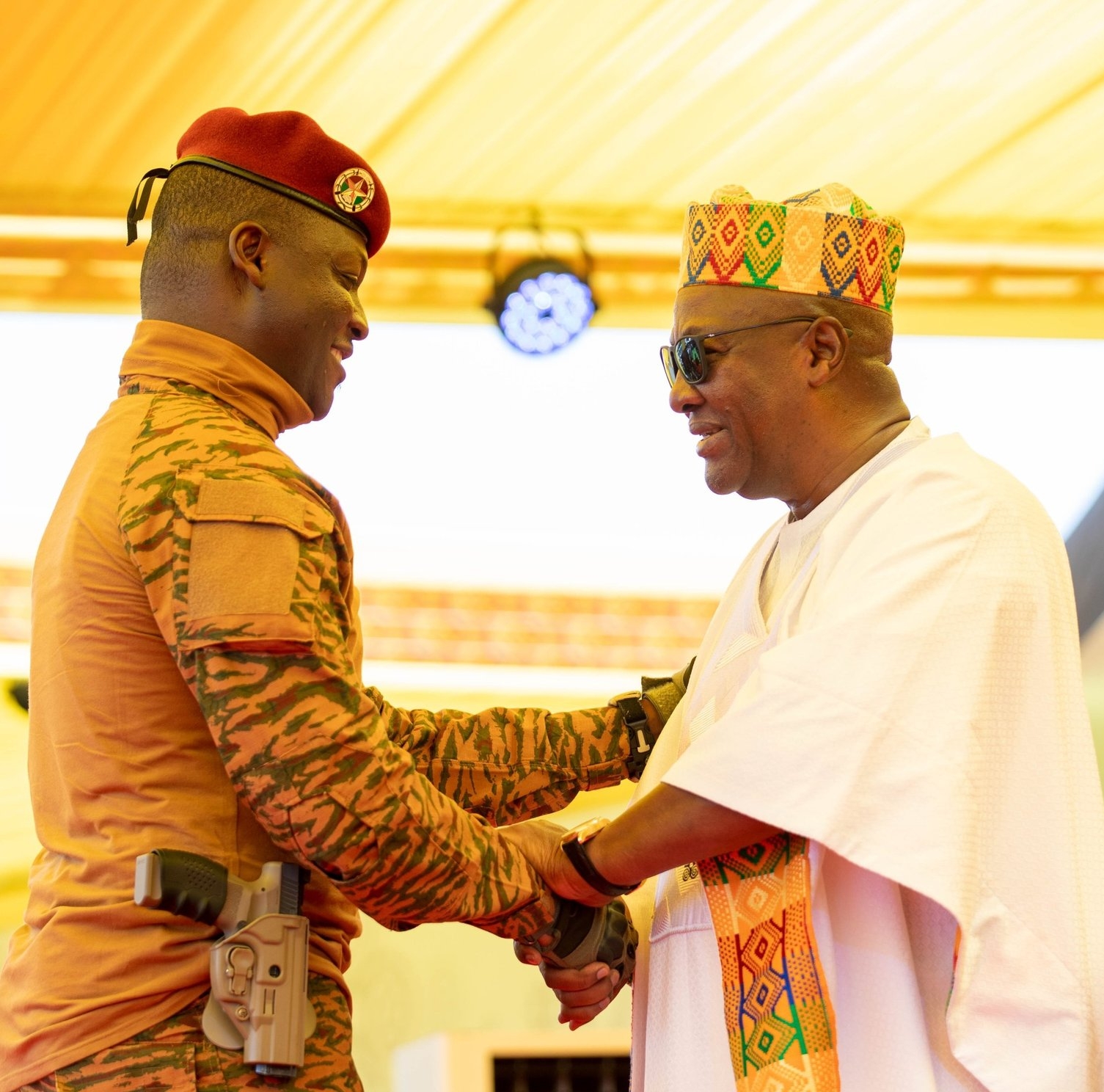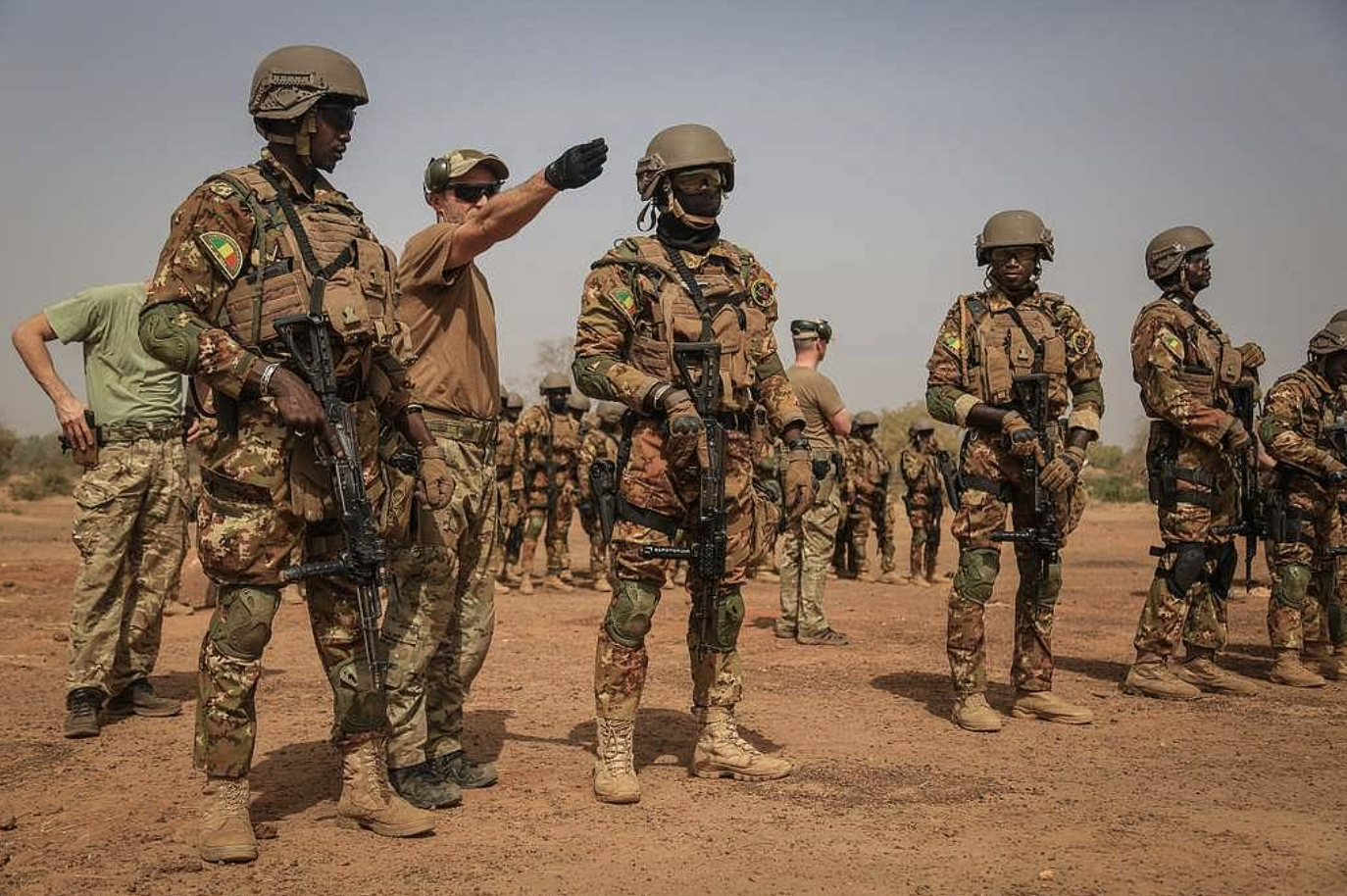Tristan Puri is a Consultant at Africa Practice specialising in francophone West Africa. He can be contacted at [email protected]
Russia’s charm offensive in Africa

Russian President Vladimir Putin is pursuing a multi-pronged strategy on the continent to undermine western influence, extend his own diplomatic reach, and gain access to strategic natural resources. This trend has been particularly evident in West and Central Africa – in the Central African Republic (CAR), Russia is also capitalising on growing anti-French sentiment.
Still, Russia’s diplomatic and economic influence on the continent pales in comparison with that of China, the US, the UK, India and France. Putin is thus opting for a more covert approach, targeting smaller countries through the use of discreet military force, opaque commercial deals and disinformation campaigns.
Ramping up military support
Anti-French sentiment has significantly risen in the Sahel since France launched its regional counter-terrorism strategy, Operation Barkhane, in 2013. The French-led security effort has failed to reduce the militant threat and French soldiers have repeatedly been accused of committing abuses against civilians. As France prepares to reduce its troop presence in the region, Russia is capitalising on this sentiment to position itself as a viable alternative to France’s perceived neocolonial project.
In CAR, Russia has spent the last two years installing private military contractors and delivering heavy duty military equipment to support President Faustin-Archange Touadéra in fending off rebel advances.
In Mali, there is growing support among fringe political groups for Russia to replace France as the dominant security partner. Indeed, many of the military elite in Mali, including President Assimi Goïta himself, received training in Russia. The fact that the Russian ambassador to Mali, Igor Gromyko, was one of the first officials to be received by the military junta, demonstrates the military elite’s continued proximity to Russian decision-makers.
Russia’s military plans are not limited to West Africa, with Putin currently in talks to establish a series of naval bases in Sudan, while also providing ongoing support to counter-insurgency efforts in northern Mozambique.
Strategic commercial deals
Russia has been supplementing its military efforts with strategic investments designed to consolidate ties with allies and secure key resources. Over 90% of Russia’s investments on the continent since 2003 have been in the metals, coal, oil and gas sectors. However, Russian FDI in Africa is still negligible – in 2017, it accounted for only 1% of total FDI on the continent.
In the wake of the COVID-19 pandemic, Russia is seeking to position itself as a key economic recovery partner. In CAR, it recently announced a USD 11 billion investment for “national reconstruction,” including in key infrastructure projects. In exchange, Russia hopes to secure valuable bauxite, manganese and uranium mining concessions.
Russia’s commercial focus is not just tied to Francophone Africa. In July 2021, Russian and Nigerian diplomats discussed plans to deepen bilateral trade ties, and to increase Russian investment in strategic sectors including telecoms, power generation, oil and gas and healthcare.
Beyond West Africa, Russia is forging closer ties with Ethiopia, with plans to grow investment in education, capacity building, science and technology. This comes as relations between Ethiopia and the US fray over the ongoing Tigray conflict. Ethiopia plans to host the Africa-Russia Forum in Addis Ababa in 2023, which will provide a key platform for Russia to further enhance its visibility across the continent.
Growing criticism amid disinformation
The perceived as covert nature of Russia’s expansion in Africa is attracting scrutiny. Many of the abovementioned military and commercial operations are being managed by Wagner Group, a private military and investment firm led by Yevgeny Prigozhin, a close ally of President Putin. Wagner Group has been accused of committing atrocities against civilians in CAR, and of benefitting from privileged access to natural resources in numerous countries, including Sudan, Zimbabwe, Angola, Mozambique and the DRC.
Russia’s opaque practices on the continent have led several key donors, including France, to withdraw crucial aid. In CAR, France suspended its budgetary support in light of Touadéra’s swing towards Putin. Half of CAR’s budget is derived from external aid, and there are currently no indications that Russia plans to fill this budget gap, preferring to focus on shorter-term strategic investments.
Russia’s direct involvement in the spread of disinformation is also drawing the ire of international partners. In 2019, Facebook removed dozens of inauthentic accounts operating in eight African countries that had been used to disseminate fake news to promote Russian political interests. Russian social media trolls have also been recorded spreading fake news in Africa to undermine vaccines produced in Europe and the US, and to promote its own Sputnik brand.
About the author
Proud to be BCorp. We are part of the global movement for an inclusive, equitable, and regenerative economic system. Learn more


